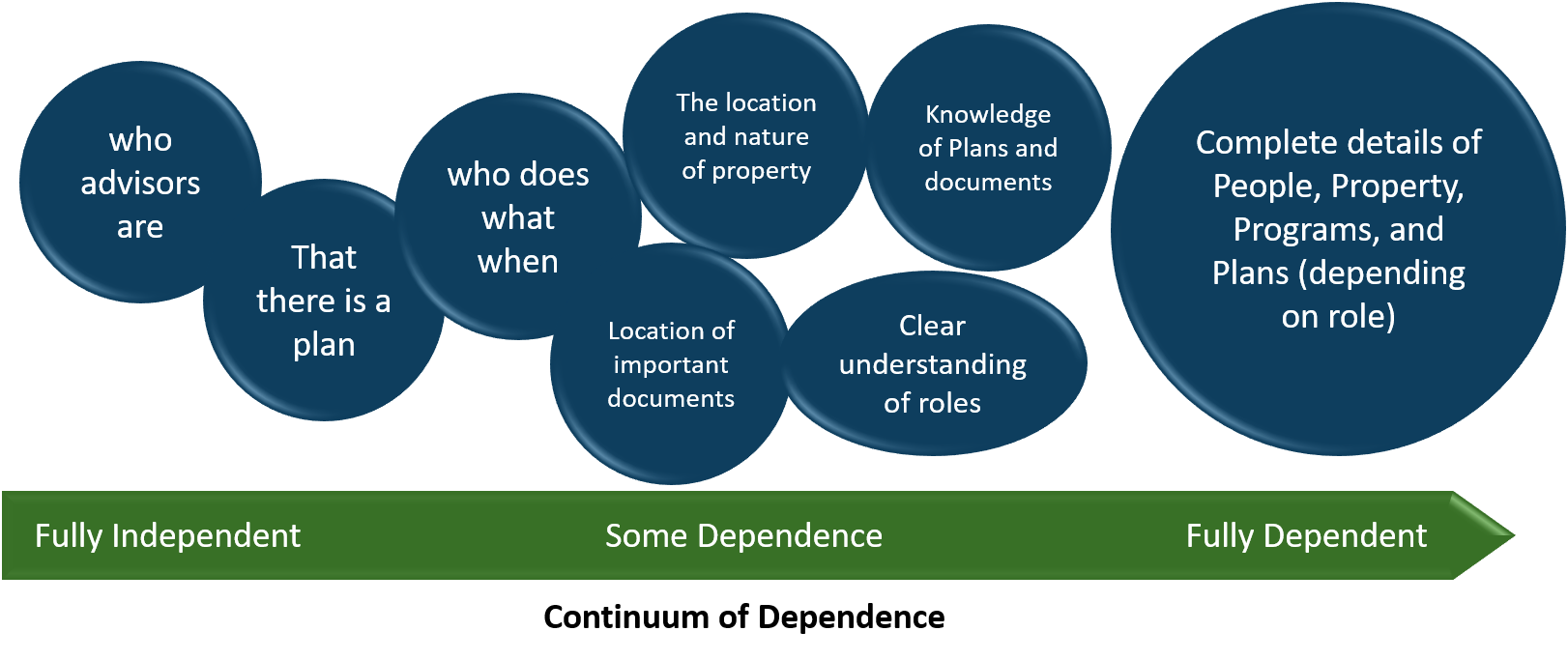So, your parents have a trust, and you’ve just found out that you are the trustee. Do you thank them or did they reward you with the booby prize? A trustee is held to a high standard of accountability and must act in accordance with an established standard of care as outlined below. To fail in one or more of these – called a breach of fiduciary duty – is to invite litigation and sometimes results in broken family relationships where a family member is also the trustee. Professional trustees, like banks with trust departments, or corporate trustees will be given very little leeway if they fail in any of these duties, but untrained family members or individuals who find themselves in this unenviable position are often not excused for lack of knowledge either.
- Duty of loyalty. A trustee has a fundamental duty to administer a trust solely in the interests of the beneficiaries. A trustee must not engage in acts of self‐dealing.
- Duty of administration. The trustee must administer the trust in accordance with its terms, purposes, and the interests of the beneficiaries. A trustee must act prudently in the administration of a trust and exercise reasonable care, skill, and caution, as well as properly account for receipts and disbursements between principal and income.
- Duty to control and protect trust property. The trustee must take reasonable steps to take control of and protect the trust property.
- Duty to keep property separate and maintain adequate records. A trustee must keep trust property separate from the trustee’s property and keep and render clear and accurate records with respect to the administration of the trust.
- Duty of impartiality. If a trust has two or more beneficiaries, the trustee must act impartially in investing, managing, and distributing the trust property, giving due regard to the beneficiaries’ respective interests.
- Duty to enforce and defend claims. A trustee must take reasonable steps to enforce claims of the trust and to defend claims against the trust.
- Duly to inform and report. A trustee must keep qualified trust beneficiaries reasonably informed about the administration of the trust and of the material facts necessary for them to protect their interests.
- Duty of prudent investment. A trustee who invests and manages trust property has a duty to “invest and manage trust property as a prudent investor would, by considering the purposes, terms, distribution requirements, and other circumstances of the trust.
Much like the position of Executor, the role of Trustee is not to be accepted lightly and can often be a lifetime of responsibility. If you are not comfortable serving in this capacity, discuss this with your parents now so that alternate plans can be made.
Trusts are excellent vehicles for protecting an estate from creditors, transfer taxes, or misbehaving heirs. Their operation may be simple or complex, but it is incumbent upon you to talk to your parents about their trusts, and especially who the parties are if you are in the role of financial caregiver.
Source: American Bankers’ Association.






